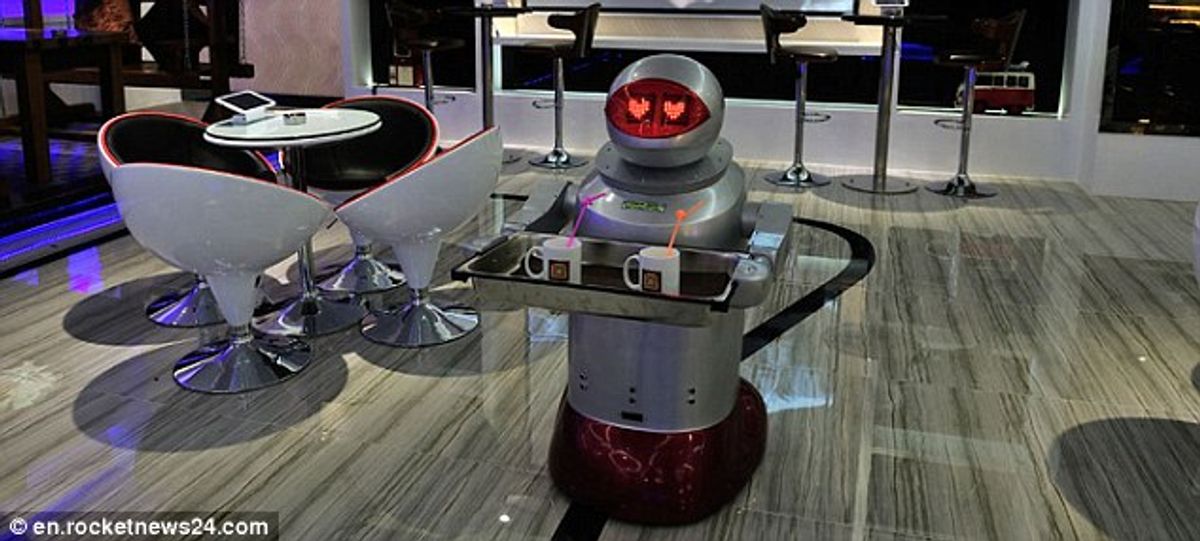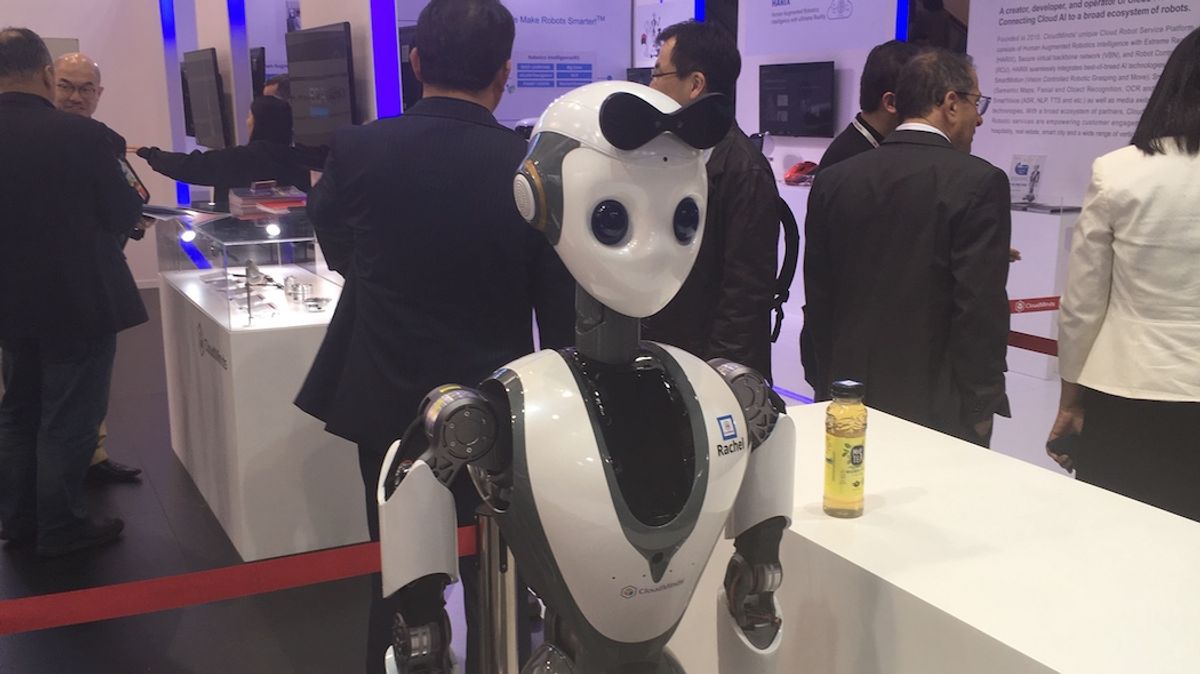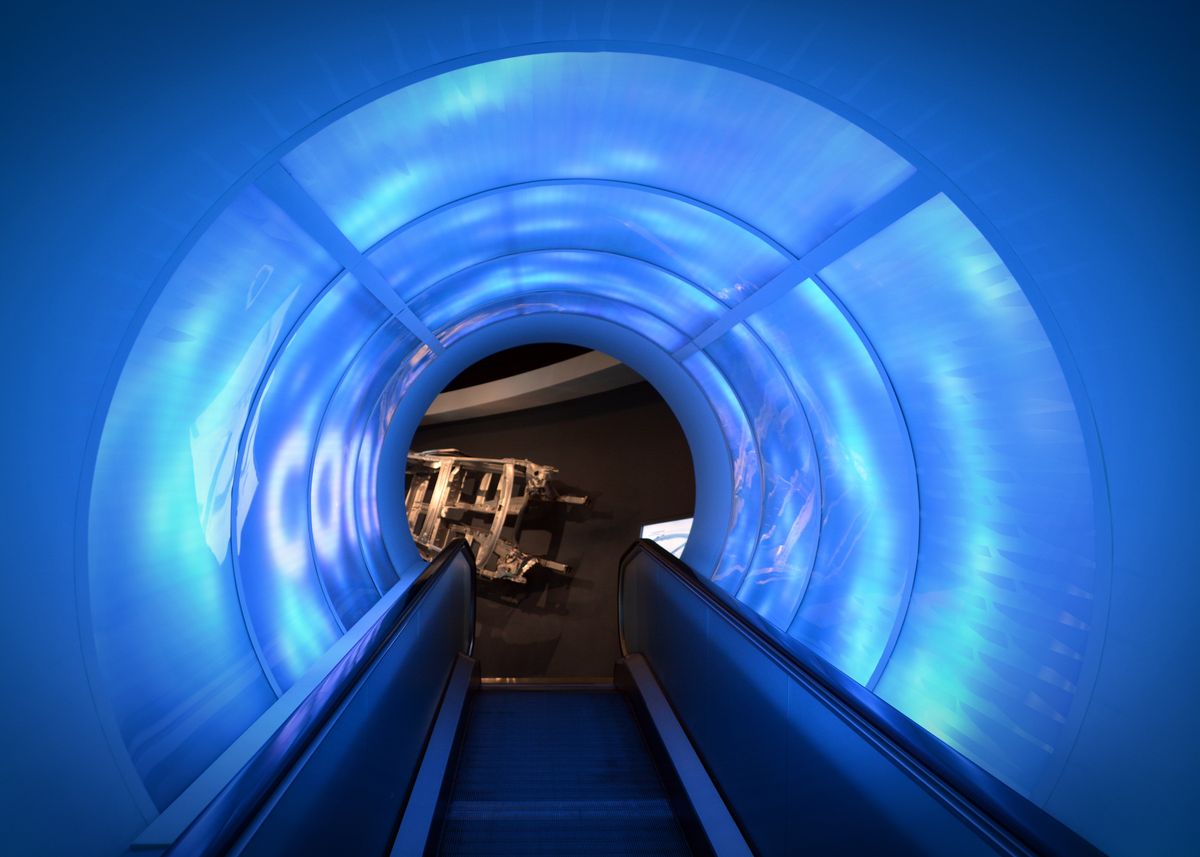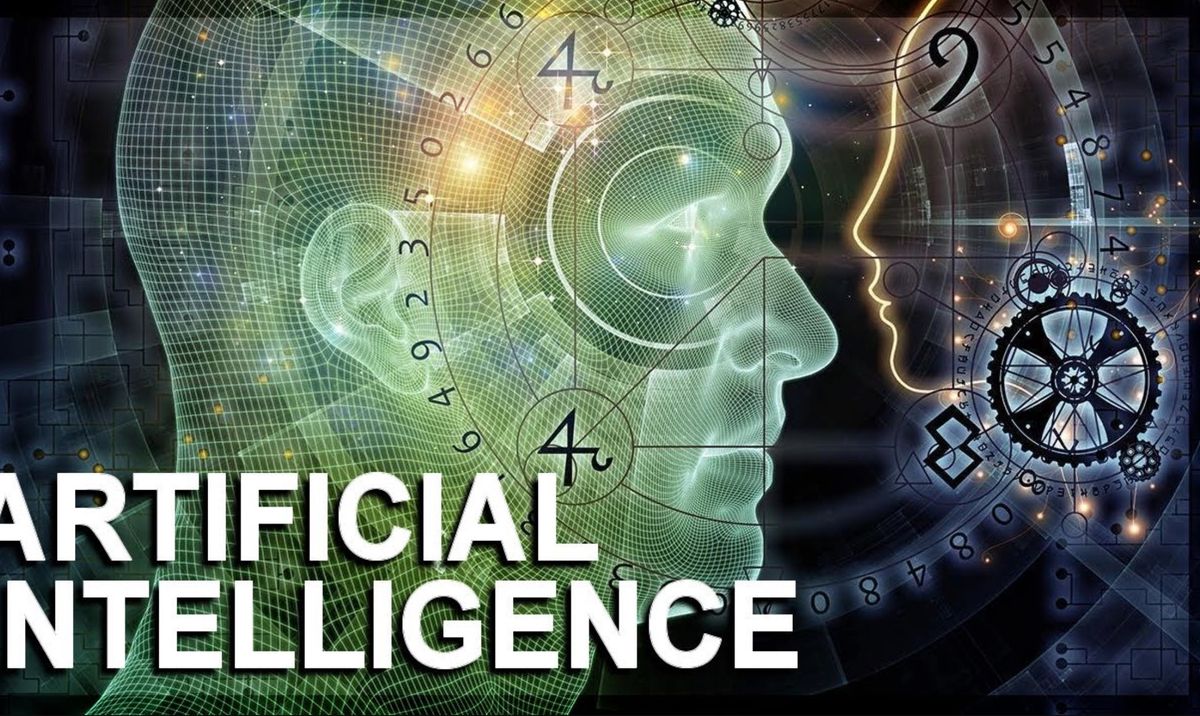The hospitality industry is on the brink of a transformative era, thanks to the integration of artificial intelligence (AI) in various aspects of customer service and hotel management. From optimizing operations and enhancing guest experiences to revolutionizing marketing strategies, AI is not just a futuristic concept but a present-day reality that is reshaping the way hotels interact with guests and conduct business. This article delves into the numerous ways AI is revolutionizing the hospitality industry, offering insights into its practical applications and forecasting future trends that could further redefine the sector.
Key Takeaways
- AI-driven services such as personalized trip planning, 24/7 chatbots, and smart room customizations are elevating the guest experience to new heights.
- Streamlining operations through AI has led to more efficient staff scheduling, resource management, and innovative robot-assisted in-room services.
- Marketing efforts are being transformed by AI's ability to enhance SEO, conduct data analysis for targeted campaigns, and utilize chatbots to increase bookings.
- The synergy between AI and human expertise is crucial, with AI providing valuable insights while humans offer the necessary judgment and oversight for optimal results.
- Future AI innovations in the hospitality industry include generative AI for creative concepting, predictive analytics for guest experiences, and an increased focus on cybersecurity.
Enhancing Guest Experience with AI-Driven Services

Personalized Trip Planning and Concierge Services
The advent of AI in concierge services is transforming the hospitality landscape, offering guests unparalleled personalization in their travel experiences. AI-driven tools are now capable of enhancing guest recommendations, ensuring that each traveler's stay is tailored to their preferences and needs.
- AI algorithms analyze past behavior and preferences to suggest activities and amenities.
- Virtual concierge services provide on-demand assistance, from restaurant bookings to event tickets.
- Personalized itineraries are crafted using AI, making trip planning effortless and customized.
The integration of AI into trip planning and concierge services not only elevates the guest experience but also streamlines hotel operations, leading to increased guest satisfaction and loyalty.
The potential for AI to revolutionize guest interactions is immense, with benefits ranging from improved revenue forecasting to deeper customer relationships. As the industry strives to balance the art of hospitality with the science of technology, AI stands at the forefront of this exciting evolution.
AI-Powered Chatbots for 24/7 Customer Support
The integration of AI-powered chatbots into the hospitality industry marks a significant shift towards round-the-clock customer engagement. These virtual assistants provide immediate responses to guest inquiries, ensuring that potential guests receive the information they need at any time, which can lead to increased guest bookings and ongoing conversations.
- Chatbots enhance customer personalization by adapting conversations based on guest preferences.
- They generate content and track user journeys, offering insights into guest behavior.
- Chatbots mitigate the risk of human error and are available to assist guests 24/7.
The key to successful chatbot implementation lies in the quality of information they can access. It is crucial for hotels to maintain comprehensive and accurate website content to prevent guest frustration and avoid the dissemination of incorrect information, known as AI hallucinations.
As the technology evolves, chatbots are expected to become even more sophisticated, with the ability to handle complex queries and provide personalized recommendations. The hospitality industry must stay abreast of these advancements to ensure they are leveraging chatbots to their full potential.
Smart Room Customizations with IoT Integrations
The integration of AI with the Internet of Things (IoT) is transforming hotel rooms into smart environments that adapt to guest preferences. Smart thermostats, like the Nest, learn guests' schedules to optimize energy efficiency, ensuring a comfortable stay while reducing the hotel's carbon footprint.
- Smart lighting systems adjust brightness and color based on the time of day or guest activity.
- IoT-enabled devices provide guests with control over room features, such as window shades and entertainment systems, through a single interface.
- Sensors can detect when a room is unoccupied, allowing for automatic adjustments to conserve energy.
By seamlessly blending technology into the guest experience, hotels can offer a level of customization that was once unimaginable. This not only delights guests but also contributes to operational efficiency and sustainability.
The goal is to leverage AI to enhance hotel operations and allow human staff to focus on more critical tasks. For instance, robots can now deliver additional amenities to guest rooms, freeing up staff for more personalized service. As we look towards 2024, embracing robot technology will become increasingly important in the hospitality industry.
Streamlining Operations with AI in Hospitality

Optimizing Staff Schedules and Resource Management
The integration of AI in hospitality operations is transforming how hotels manage their most valuable asset: their staff. AI-driven systems are now capable of analyzing historical data, guest preferences, and booking patterns to predict demand and optimize staff schedules accordingly. This not only ensures that hotels have adequate coverage during peak times but also helps in reducing labor costs during slower periods.
- Predictive scheduling algorithms
- Real-time adjustments to staffing
- Analysis of peak demand times
By leveraging AI for staff optimization, hotels can achieve a balance that maximizes efficiency and enhances guest satisfaction.
Furthermore, AI tools are instrumental in resource management, allowing for a more dynamic approach to allocating hotel resources. This includes everything from housekeeping to maintenance, ensuring that each department operates at peak efficiency without overextending the workforce.
AI in Revenue Management and Pricing Strategies
The advent of AI in hospitality has brought about a transformation in revenue management and pricing strategies. By analyzing vast amounts of data, AI systems can now predict demand with greater accuracy and adjust prices dynamically to maximize revenue. This is particularly useful for pricing packages and creating personalized offers that cater to individual guest preferences.
- Demand forecasting: AI algorithms can predict peak periods and adjust prices accordingly.
- Competitor analysis: Monitoring competitor pricing to stay competitive without undercutting profits.
- Personalization: Tailoring package deals and offers to guest profiles based on their past behavior.
The integration of AI into revenue management empowers hotels to not only enhance their pricing strategies but also to refine their overall guest experience.
Moreover, AI's role extends beyond pricing to encompass staff training and development. Automated tools streamline the recruitment process, while e-learning platforms facilitate ongoing employee education, ensuring that the workforce is well-equipped to deliver exceptional service.
Innovative Use of Robots for In-Room Guest Services
The hospitality industry is embracing the future with the innovative use of robots for in-room guest services. These mechanical assistants are not just a novelty; they represent a significant shift in how services are delivered within hotels.
Robots are now being deployed for a variety of tasks, from delivering extra amenities like towels and toothpaste to guests' rooms, to providing food and beverage services. This automation allows human staff to focus on more complex and personalized guest interactions.
The integration of robots into hotel operations is a testament to the industry's commitment to efficiency and guest satisfaction.
Here are some examples of how robots are enhancing the guest experience:
- Delivery of necessities: Robots can quickly bring items to guest rooms, reducing wait times and improving convenience.
- Food and beverage services: Automated servers can offer round-the-clock room service, ensuring guests have access to meals and snacks anytime.
- Energy management: Smart robots, like the Nest Thermostat, can learn guests' preferences and adjust room conditions for optimal comfort and energy efficiency.
As we look towards 2024, hotels are encouraged to embrace robot technology, not only for the novelty but for the substantial benefits it brings to hotel operations and the overall guest experience.
AI's Role in Marketing and Online Presence

Enhancing SEO and Cross-Channel Campaigns
In the competitive landscape of the hospitality industry, AI is a game-changer for SEO and cross-channel marketing campaigns. By leveraging AI, hotels and resorts can tailor their online presence to the unique preferences of each potential guest, ensuring that marketing efforts are not only seen but resonate on a personal level.
- AI-driven analytics provide insights into the best times to post on social media, enhancing engagement and reach.
- Content generation tools, like ChatGPT, assist in creating compelling and relevant content that captures the attention of the target audience.
- Tracking user journeys across the web allows for a more comprehensive understanding of customer behavior, leading to more effective retargeting strategies.
The integration of chatbots into digital marketing strategies not only furnishes information to potential guests but also plays a pivotal role in increasing guest bookings and initiating meaningful conversations.
The table below illustrates the impact of AI on key marketing metrics:
Embracing AI in marketing efforts allows for a more dynamic and responsive approach to guest acquisition, ensuring that each campaign is optimized for maximum effectiveness.
Data Analysis and Insights for Targeted Marketing
In the competitive hospitality industry, leveraging AI for data analysis and insights is crucial for crafting targeted marketing strategies. By analyzing vast amounts of customer data, AI tools can identify patterns and preferences, enabling hotels and resorts to tailor their marketing efforts to individual needs.
- Personalization: AI systems can track user journeys across websites, enhancing customer personalization and content generation.
- Optimization: These tools can determine the optimal times for engagement, refining social media strategies.
- Engagement: Chatbots can initiate conversations with potential guests, increasing the likelihood of bookings.
The integration of AI marketing tools in the hospitality industry simplifies processes, improves targeting, and personalizes guest experiences, ultimately elevating the business.
With the advent of new AI technologies, revenue management systems are not only optimizing pricing strategies but are also personalizing offers to align with user preferences. This level of customization is not just a trend; it's becoming an expectation among travelers seeking unique and memorable experiences.
Chatbots as a Tool for Increasing Guest Bookings
In the competitive landscape of the hospitality industry, chatbots serve as a pivotal tool for enhancing guest engagement and increasing bookings. By providing instant responses to inquiries, chatbots facilitate a seamless planning experience for potential guests, addressing their questions and guiding them through the booking process.
- Chatbots offer personalized recommendations based on guest preferences.
- They reduce the response time to guest inquiries, available 24/7.
- Chatbots can handle multiple guests simultaneously, increasing efficiency.
The integration of chatbots into hotel websites not only streamlines the booking experience but also captures valuable data on guest preferences and behaviors. This data can be leveraged to tailor marketing strategies and improve service offerings.
However, it is crucial for hotels to maintain up-to-date and comprehensive website content to prevent guest frustration and misinformation. The balance between automated efficiency and accurate, human-like interaction defines the success of chatbots in driving guest bookings.
The Intersection of AI and Human Expertise in Hospitality

Balancing AI Insights with Human Judgment in Menu Selection
In the dynamic world of hospitality, menu selection is an art that benefits from the precision of science. AI provides valuable insights into customer preferences and emerging trends, but it's the human touch that tailors these insights to the unique ambiance and clientele of a restaurant. Chefs and managers play a crucial role in interpreting data to create menus that resonate with guests on a personal level.
While AI can suggest dishes based on popularity and seasonality, it cannot replace the chef's expertise in flavor profiles and the sensory experience of dining.
The collaboration between AI and human judgment can be seen in the following areas:
- Data Analysis: AI identifies patterns in customer preferences and feedback.
- Menu Development: Chefs use AI insights to craft dishes that align with trends while infusing their creativity.
- Customer Satisfaction: Staff gauge guest reactions to refine the menu further, ensuring a balance between innovation and tradition.
Ultimately, the successful integration of AI in menu selection hinges on the synergy between technology and human intuition. This partnership ensures that menus are not only data-driven but also have the warmth and appeal that only a human touch can provide.
The Importance of Human Oversight in AI Implementations
While AI is transforming the hospitality industry, human oversight is indispensable to ensure the technology's benefits are fully realized. AI systems, with their ability to streamline operations and enhance guest experiences, come with inherent risks such as inaccuracy and cybersecurity concerns. Therefore, it's crucial to maintain a balance between AI automation and human expertise.
The integration of AI in hospitality requires a nuanced approach where human judgment plays a key role in interpreting and applying AI-generated insights.
Here are some key areas where human oversight is particularly important:
- Validating and questioning AI recommendations
- Ensuring AI systems align with market demands
- Overseeing AI-driven personalization to maintain guest satisfaction
- Monitoring AI tools to prevent intellectual property infringement
In practice, AI can provide valuable data for menu revisions or pricing strategies, but it is the human touch that tailors these offerings to the market's unique preferences. As AI continues to evolve, the hospitality industry must foster a symbiotic relationship between technology and human expertise to thrive.
Training Staff to Work Alongside AI Technologies
As the hospitality industry embraces AI, the need for adequately trained staff to work alongside these technologies becomes paramount. Training programs must evolve to include not only the operational aspects of AI tools but also the soft skills necessary to complement the technology.
- Utilize role-playing exercises to simulate guest interactions with AI.
- Implement on-the-job training for real-time AI system management.
- Establish mentorship programs pairing experienced staff with newcomers.
Embracing AI does not diminish the value of human touch; it enhances it by allowing staff to focus on more personalized service aspects.
By investing in comprehensive training, hotels can ensure a seamless integration of AI into their service model, ultimately elevating the guest experience while maintaining the irreplaceable human element.
Future Trends: AI Innovations on the Horizon

Generative AI for Creative Concepting in Hospitality
The integration of generative AI into hospitality is paving the way for unprecedented innovation in service and experience design. Generative AI is transforming how hotels conceptualize and deliver unique guest experiences. By leveraging AI's ability to create new content, hotels can offer personalized amenities and services that were previously unimaginable.
- Expanding creative concepting capabilities
- Enhancing cross-channel campaign optimizations
- Providing deeper data analysis, insights, and measurement
Generative AI not only accelerates the ideation process but also enriches the creative output, ensuring that every guest interaction is both memorable and distinct.
The use of generative AI in marketing and sales, product development, and service operations is becoming increasingly common. For instance, AI can assist in crafting tailored marketing campaigns that resonate with the target audience, optimizing the timing and content of social media posts to maximize engagement. The hospitality industry is beginning to strike a balance between the art of personal touch and the science of data-driven decision-making.
Predictive Analytics for Enhanced Guest Experiences
The integration of predictive analytics in the hospitality industry marks a transformative step towards a more intuitive and responsive guest experience. By leveraging historical data and real-time inputs, hotels can anticipate guest needs and preferences, leading to a more personalized and satisfying stay.
- Personalization: AI-driven predictive analytics can help hotels optimize their operations and enhance the guest experience.
- Efficiency: Deciphering patterns and predicting demand allows for better resource management and staff scheduling.
- Innovation: The continuous evolution of AI opens doors to new possibilities in guest service enhancement.
Predictive analytics not only refines operational efficiency but also elevates the guest experience by delivering what they need before they even ask for it.
As AI continues to evolve, its applications in hospitality will undoubtedly expand, offering guests unprecedented levels of convenience and personalization. The balance between technological innovation and human insight remains crucial, ensuring that the art of hospitality is not lost in the science of data.
The Growing Importance of Cybersecurity in AI Adoption
As the hospitality industry increasingly integrates AI into its operations, the importance of robust cybersecurity measures has never been more critical. The risks of AI, such as inaccuracy and cybersecurity breaches, can have significant repercussions, not only on guest privacy but also on the intellectual property of businesses.
With AI's expanding role in personalization and operational efficiency, ensuring the security of these systems is paramount. Here are key areas that require attention:
- Protection of guest data from unauthorized access
- Safeguarding AI-driven intellectual property
- Regular updates and patches to AI systems
- Employee training on cybersecurity best practices
The integration of AI in hospitality brings immense benefits, but it also introduces new vulnerabilities that must be managed with diligence and expertise.
As AI technologies evolve, so too must the strategies to protect them. The hospitality industry must stay ahead of potential threats by investing in advanced cybersecurity solutions and fostering a culture of continuous vigilance.
Embracing the AI Revolution in Hospitality
The integration of artificial intelligence into the hospitality industry marks a transformative era where efficiency, personalization, and innovation take center stage. As we have seen, AI's influence spans from optimizing operational workflows to enhancing guest experiences through predictive analytics and personalized services. The use of chatbots, AI-driven revenue management, and digital marketing strategies are not just futuristic concepts but current realities that are reshaping the industry. While the human touch remains irreplaceable, the synergy between AI and human expertise is creating a new paradigm in hospitality. Operators who adapt to this technological wave will not only gain a competitive edge but will also set new standards in customer service excellence. As we look to the future, it is clear that the hospitality industry's journey with AI is just beginning, promising even more groundbreaking advancements and opportunities for both guests and businesses alike.
Frequently Asked Questions
How is AI revolutionizing the hospitality industry?
AI is transforming the hospitality industry by streamlining hotel management, optimizing staff schedules, enhancing revenue management, and improving SEO and marketing strategies. AI-powered chatbots provide round-the-clock customer service, and smart room customizations offer personalized guest experiences.
What are some practical uses of AI in hospitality?
Practical uses of AI in hospitality include personalized trip planning, digital concierge services, luggage storage management, menu and wine list selection, and the use of robots for delivering in-room guest services. AI also aids in hiring and training processes through automated recruiting and e-learning platforms.
Can AI improve hotel operations and guest experiences?
Yes, AI can significantly improve hotel operations by predicting demand, managing resources efficiently, and enabling energy-saving measures like smart thermostats. This leads to smoother operations and an enhanced guest experience, allowing human staff to focus on other essential tasks.
How does AI contribute to marketing and online presence in hospitality?
AI contributes to marketing and online presence by personalizing customer interactions, optimizing cross-channel campaigns, and providing insights through data analysis. Chatbots can increase guest bookings by offering information and engaging in conversations with potential guests.
What is the role of human expertise in AI implementations in hospitality?
Human expertise is crucial in AI implementations to provide judgment and oversight. While AI can offer insights and streamline processes, it requires human knowledge to validate and understand its suggestions, especially in areas like menu selection and creative concepting.
What are some future trends and innovations in AI for the hospitality industry?
Future trends in AI for hospitality include generative AI for creative concepting, predictive analytics for enhancing guest experiences, and a growing emphasis on cybersecurity. These innovations will continue to shape the industry and offer competitive advantages to those who adopt them.



